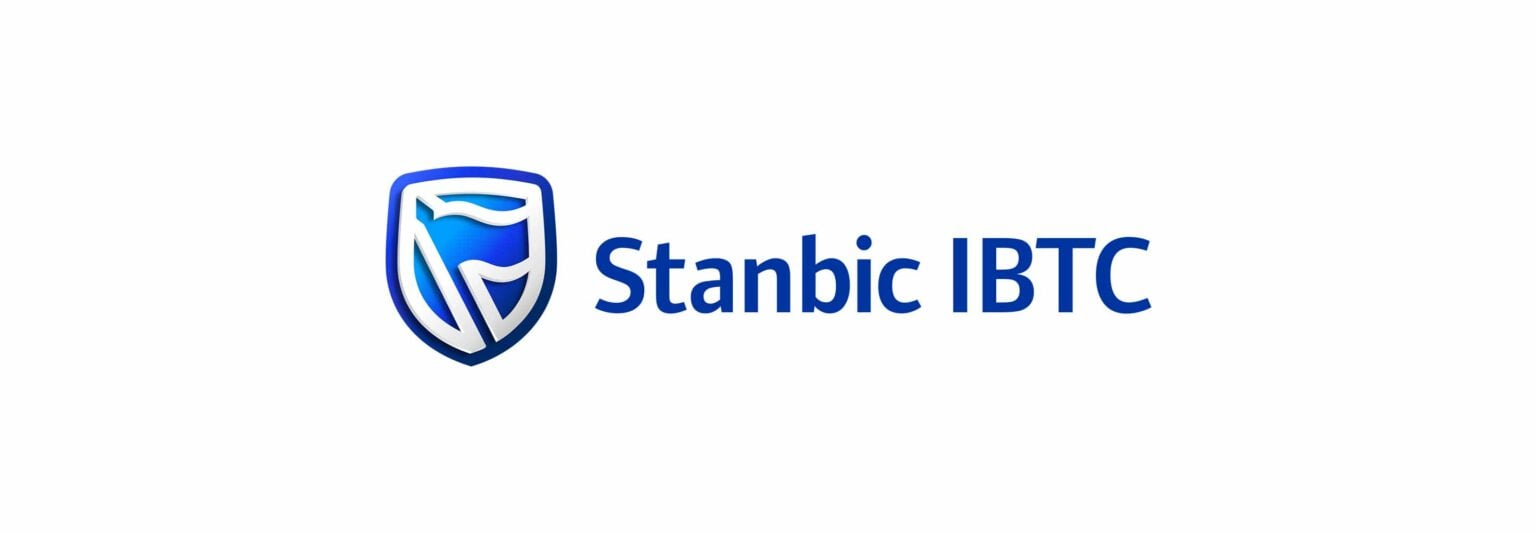Copyright radarr

Stanbic IBTC Holdings Plc has reported a profit after tax of N278.48 billion for the nine months ending September 30, 2025, marking a 52 per cent increase from N182.87 billion recorded in the same period of 2024. According to the company’s financial statements filed with the Nigerian Exchange Limited (NGX), the growth was supported by stronger interest income, lower impairment charges, and steady deposit mobilisation across its banking subsidiaries. The firm’s profit before tax stood at N393.84 billion, rising from N222.93 billion in the same period last year — a growth of 77 per cent. This performance, analysts say, reflects the company’s ability to sustain profitability amid Nigeria’s tight monetary environment and volatile exchange rate conditions. Net interest income, which represents the difference between income from loans and expenses on deposits, rose sharply to N454.59 billion, compared to N251.85 billion in 2024. This was driven by higher yields on loans and investments, supported by the rising interest rate regime. Interest income grew to N584.31 billion, up from N425.78 billion recorded in the same period of 2024, while interest expenses dropped significantly to N129.72 billion from N173.93 billion, reflecting improved cost management and a stronger deposit mix. Non-interest revenue, which includes income from fees, commissions, and trading, however, recorded a slight dip to N200.58 billion, compared to N214.01 billion in 2024. Fee and commission income increased to N190.52 billion from N134.38 billion, while fee and commission expenses climbed to N17.93 billion, up from N9.74 billion in the previous year. A notable highlight of the results was the sharp improvement in impairment losses on financial assets. The company reported a write-back of N11.64 billion, compared to a higher loss of N59.38 billion in 2024. This improvement contributed significantly to the group’s bottom-line performance. Operating expenses rose to N249.69 billion from N183.55 billion, largely due to increased staff costs and other operational outlays. Staff expenses grew to N82.90 billion, up from N63.71 billion, while other operating costs expanded to N166.79 billion from N119.85 billion, reflecting inflationary pressures and technology-related investments. Despite the rise in expenses, Stanbic IBTC maintained profitability momentum through efficient balance sheet management and strong growth in both interest and non-interest income streams. The company reported basic and diluted earnings per share of 1,731 kobo, up from 1,390 kobo in the corresponding period of 2024, while profit attributable to equity holders of the parent company stood at N275.29 billion, and N3.18 billion was attributable to non-controlling interests. On the balance sheet, total assets grew to N8.38 trillion from N6.91 trillion as of December 2024. The increase was driven by higher trading assets and financial investments, which rose to N1.63 trillion and N1.36 trillion respectively, reflecting improved investment activities and market positioning. Loans and advances to customers stood at N2.62 trillion, up from N2.40 trillion, supported mainly by growth in loans to banks, which surged to N330.55 billion from N51.85 billion. Customer loans slightly declined to N2.29 trillion from N2.35 trillion, as the company adopted a cautious lending approach amid economic uncertainty. Customer deposits, a major funding source, grew to N4.18 trillion, from N3.01 trillion in 2024, while total deposits, including those from banks, rose to N4.71 trillion from N3.27 trillion, showing sustained customer confidence in the bank. Shareholders’ equity climbed to N1.06 trillion from N670.65 billion, boosted by retained earnings and new capital inflows following the successful completion of a rights issue that added 2.94 billion ordinary shares of 50 kobo each to its share capital. Total liabilities also increased to N7.32 trillion from N6.24 trillion, reflecting expanded operations and funding sources. Other key balance sheet items included N1.17 trillion in trading liabilities, N4.31 billion in derivative liabilities, and N180.87 billion in debt securities issued. Analysts say the results confirm Stanbic IBTC’s strong position in Nigeria’s banking sector, backed by prudent cost control, strong balance sheet resilience, and diversified income streams.



